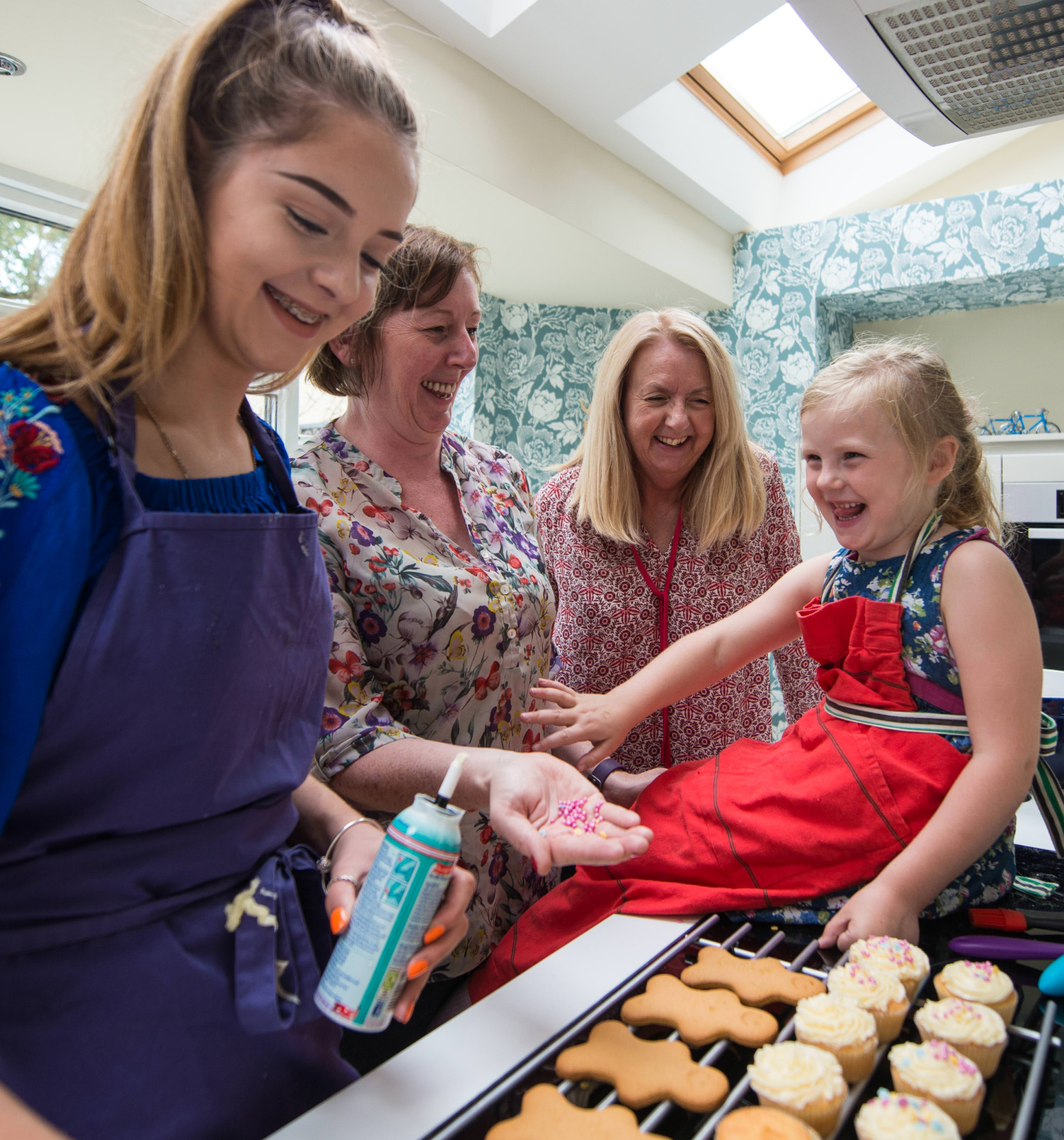Become a foster carer
Our role is to enable you as a foster parent to feel successful and be able to be the best version of you. The fact is that fostering can be challenging at times, but we are alongside you every step of the way, and here’s where it all starts.
How we support you
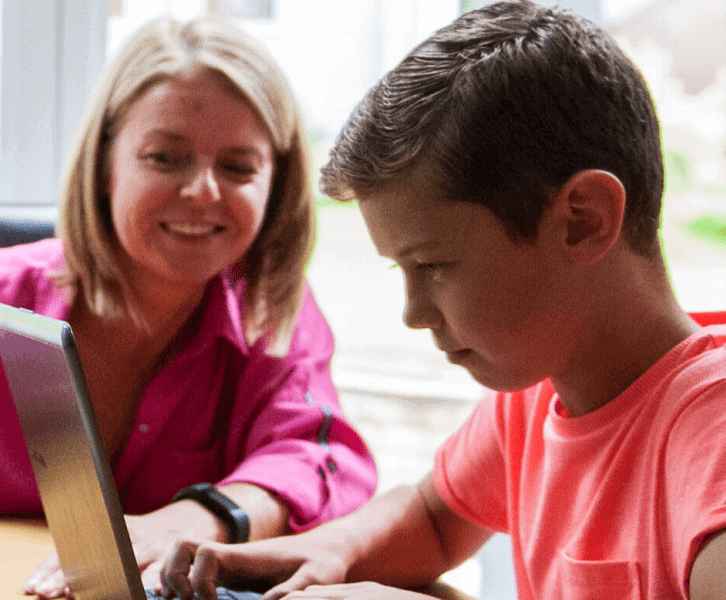
Regular supervision meetings and support
We meet with our foster carers regularly for supervision sessions where you can discuss with us any challenges you may be having, receive advice or get extra help. We put you at ease from the very start, helping you to reflect and learn how to be successful foster carers. We will offer reassurance that you are only human, and we know that sometimes foster caring can be hard but you are never alone when you work with us.
As a carer you can be confident that we will always provide a friendly non-judgemental approach to problem solving and professional advice on how to understand why children behave in certain ways when they have experienced trauma. We are here to help and support you on your fostering journey.
Our Director, Alison Kindred-Byrne, has a wealth of experience in coaching parents and foster carers about children’s behavioural and emotional challenges. You will have access to her experience and advice as well as support from your own, dedicated, social worker. We pride ourselves on offering an outstanding level of support to our fostering families.
Our respite plan
We have built from the ground up an agency designed to support, nurture and empower foster carers to become the best they can be. This means you will always have someone on hand to contact for support at any time of the day or night, 365 days a year.
We will give you a dedicated social worker with whom you can develop a strong relationship.
We will give you paid respite so you can take short breaks when needed. And our specialist trauma awareness training is designed to build your confidence as a foster carer when faced with challenging situations.


Our respite plan
We have built from the ground up an agency designed to support, nurture and empower foster carers to become the best they can be. This means you will always have someone on hand to contact for support at any time of the day or night, 365 days a year.
We will give you a dedicated social worker with whom you can develop a strong relationship.
We will give you paid respite so you can take short breaks when needed. And our specialist trauma awareness training is designed to build your confidence as a foster carer when faced with challenging situations.
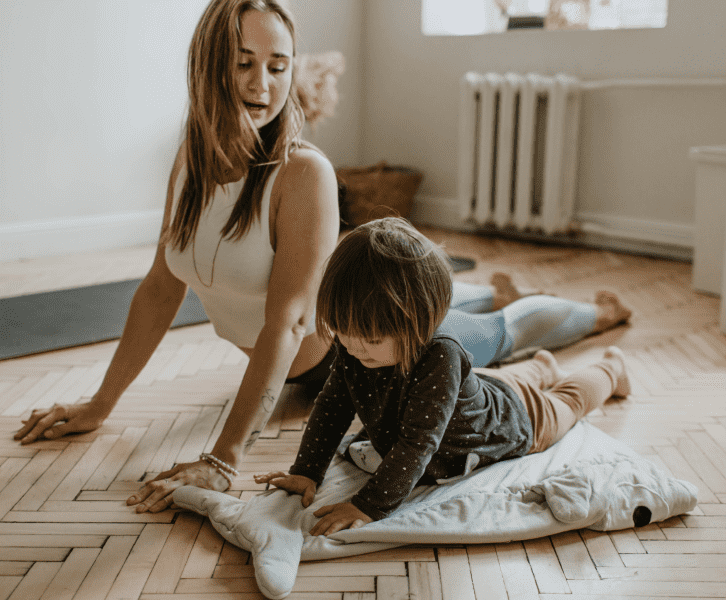
Holistic approach and our agencies ethical values
We are an agency shaped by our ethical values and purpose led culture. We are friendly, open and transparent. Our people are kind and respectful and willing to advocate for what is right on behalf of our foster carers.
We have a holistic approach that embraces individuality. We offer our team the opportunity for remarkable development, connecting with fabulous leading-edge researchers and teachers to enable our team to be at their therapeutic best, ensuring that they are the best versions of themselves capable of enabling children to reach their true potential despite their challenging start in life.
Read about wellbeing
Building relationships
Our reputation is important to us. We invest in the time needed to build meaningful relationships with our foster carers and the team around the child. We work on average to ten foster families per supervising social worker, enabling our team to spend the time needed to connect and work closely with our foster families, creating safe empathic spaces, where conversations are open and unrushed. We build trust and support our foster carers to feel confident, empowered and successful in their role.


Building relationships
Our reputation is important to us. We invest in the time needed to build meaningful relationships with our foster carers and the team around the child. We work on average to ten foster families per supervising social worker, enabling our team to spend the time needed to connect and work closely with our foster families, creating safe empathic spaces, where conversations are open and unrushed. We build trust and support our foster carers to feel confident, empowered and successful in their role.

Supporting care leavers
Despite the challenges faced by many children when entering care, the prospect of leaving can be even more daunting. We believe in supporting our children to ensure that they are fully prepared for the transition to independence. This may start early when encouraging children to learn to cook or keep their room tidy or manage their pocket money.
Our training programme equips our foster carers with the necessary skill set that they need to prepare their child for leaving the care system. Throughout their time in foster care the child will learn a range of skills to ensure that they can seamlessly progress into adulthood and independence.
The benefits of fostering with To the Moon and Back Foster Care
Part of a professional team
Trauma informed development
Relationship based Support
Feel safe and secure
Financial support and allowances
Thorough placement matching
Our placement matching plan
Matching children with families is a vital component of successful fostering and we place significant importance to getting this right avoiding children having to be moved to another family because initial matching was unsuccessful.
Caring and considerate
We want you to feel successful as a foster carer, enabling children to fulfil their true potential in life. We value our reputation as a caring agency and will do what it takes on your behalf to match the needs of children and young people with your ambitions, lifestyle, skills and experience.
Honest and transparent
We share detailed information with you and discuss openly how a child may fit with your family.
We seek additional detail, including the ongoing support that may be needed, in order to ensure you and your family feel informed and well prepared to welcome a child or young person into your family.
Trusted relationship
We respect and value what foster carers do for children and young people.
We listen to you and get to know you and your family well as part of the assessment process. We use our learning, to support and advise you when considering how a child or young person may fit within your family.
Continued Support
We provide guidance and helpful hints to support children and young people to settle with you and your family and monitor closely, all progress, ensuring that you feel safe and secure in your fostering and an effective part of the team around the child. We work closely with you, identifying your individual needs and those of any other family members, supporting you in your decision making.
Types of foster care
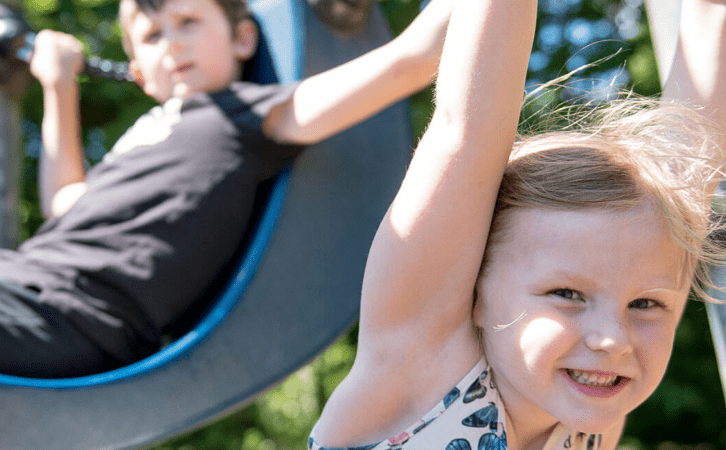
Sibling groups vary in size, and the keeping of large sibling groups together is a particular challenge. If you have the capacity to care for a sibling group regardless of the size we would be delighted to talk to you informally about how you can help to keep a family together.
Siblings
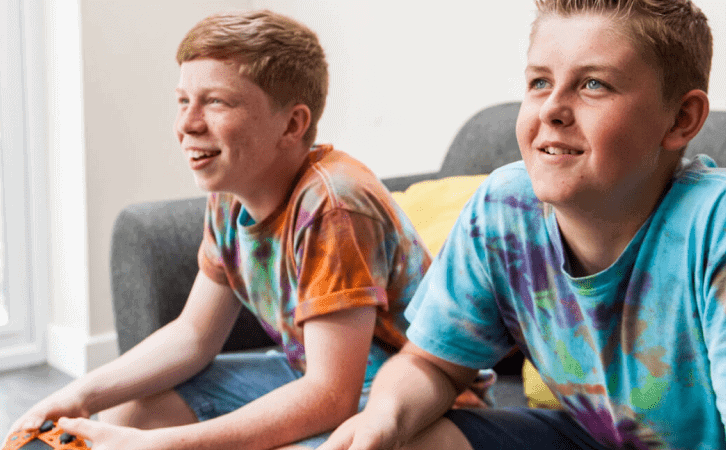
Children regardless of their age are in care through no fault of their own. There are large numbers of teenagers in need of a local foster home. Teenagers in care may present with emotional needs as a result of the hurt, loss and separation they may have experienced.
Teenagers
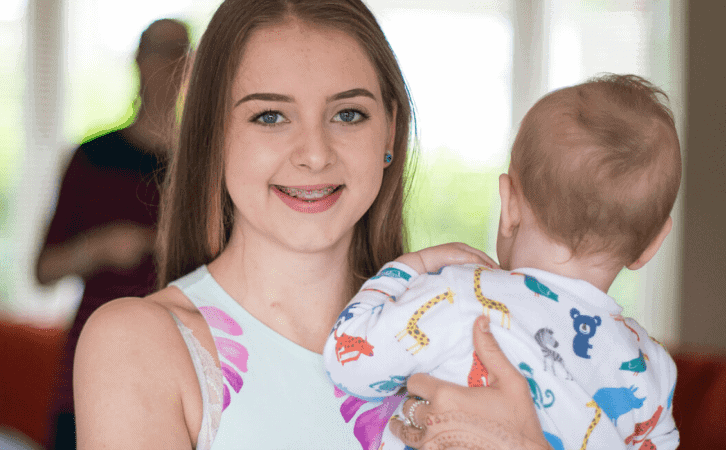
There are young parents and their babies in need of foster care. This is an area of speciality for our organisation and we provide training for foster carers wanting to undertake this type of fostering
Young parents

Supporting children with complex needs is very rewarding. Foster services for disabled children are often short term, providing breaks to carers who care for children with physical, learning or sensory disability. Fostering children and young people with complex needs can be longer term too. Homes that have good access will be better for children who use wheelchairs or require additional equipment to support their health care needs. Foster carers will be provided with specialist training and ongoing support to meet any complex medical needs as required.
Care leavers
We understand that initially being in foster care can be a traumatic experience for any child and so we aim to make the transition as easy as possible
Frequently asked questions
What does fostering a child mean?
Fostering is a way of providing a safe, stable and caring home for a child who, for a variety of reasons, is unable to live with their parents. Fostering can be a short term or long term provision.
When fostering a child or young person, he or she will live with you and in return you will receive financial support to provide what the child needs, and a fee for you do to support the child. It is a challenging, yet rewarding role, that offers you the opportunity to support a child who has experienced abuse or neglect in order to rebuild their self-confidence and self-esteem. Foster carers aim to provide new experiences and support children to make choices and achieve their true potential in life.
Foster care allowance
As a foster carer you can expect to be paid an allowance to cover the expenses of looking after a child or young person and also a fee for your time and expertise. The government support the great work that foster carers do to help children with tax benefits. The allowance and fees available to foster carers depends on the type of fostering and the specific care needs of the children. Foster carers fostering a child whose care needs fall into a “standard” level can expect to receive £400 per week per child and additional allowances that support birthdays and Christmas celebrations, mileage and having a break. For foster carers who feel able to care for children with additional needs, they can expect to be paid more.
What support is available?
Sometimes the role of fostering a child who has experienced abuse or neglect can be challenging. But the happiness brought by building a trusting and loving relationship with a child is out of this world. We provide you with lots of support. You will have your own friendly social worker, who you will get to know really well. The role of the social worker is to enable you to feel successful, helping you with practical day to day help and supporting you at meetings or finding services for children. You will have access to someone 24 hours a day if needed. You will have the support of other foster carers, the ability to take breaks and opportunities to develop your skills and knowledge. We are a friendly approachable team. The social workers work with small caseloads so that they can spend time with you and help you. It is a challenging, yet rewarding, role that offers you the opportunity to support a child to rebuild their self-confidence and self-esteem. Foster carers aim to provide new experiences and support children to make choices and achieve their true potential, we support you to be the best version of you.
Will my house be ok for fostering?
It is essential for a foster carer to have a spare bedroom to offer a foster child as they will need their own space and cannot share with other children. If you foster siblings, then sometimes siblings can share a room. Foster carers foster when living in a variety of properties, including apartments. When placing children, we match the needs of a child with you and your home in mind. We visit you to make sure that your home will be okay for fostering and we give you ideas of what might be needed. For example, you may need to have window restrictors in place before a young child comes to live with you. You need do nothing until you are approved to foster, and we will advise you on the most economical way to make your home foster ready.
What age do I have to be to foster?
We ask that you are at least 25 years old. There are no limits to the upper age for fostering, all we ask is that you are fit and healthy. We work with you to match children and young people that fit with your experience and lifestyle, ensuring that you can be successful.
What is the role of a foster carer?
Fostering is recognised as a career choice for many with some giving up their jobs to pursue fostering as a career, finding that working from home caring for children fits well with family life or changes in lifestyle and the tax benefits available to foster carers means that earnings from fostering can offer a good standard of living. In return for your efforts, you will get a fulfilling career, feel part of a supportive fostering community all with the knowledge that you are doing an important and vital job.
Can I become a foster carer?
Almost certainly, yes if you have the commitment, warmth and resilience needed for the job. Great foster carers are enthusiastic, caring, approachable, empathetic, warm, accepting of others, non-judgemental and able to make a commitment. We look for people who are open, curious and keen to develop professionally and personally.
Our carers come from all walks of life; they may be gay, straight, in a relationship or single, renting their home or homeowners, pet owners or not, and any age over 25. What all our foster carers do need, is to be prepared to treat a child as they would their own, prepared to go to the moon and back for them.
Do I need to be experienced?
Most foster carers will have had some experience of looking after children, whether in a professional role or in their private life, either with their own, or supporting a family member or friend with theirs. As part of the foster carer training, you are provided with information and opportunities to develop your skills to support children. We support you to feel successful in your role.
How long does it take to become a foster carer?
When you are ready to apply and have submitted your application form, you will consent for references and DBS checks to be made. Once we have received your consent, we can commence your assessment. The process is undertaken at your pace, but on average takes 4 months.
Does this sound like you?
If so, you have come to the right place and could be the type of person our looked after children need. We are very keen to hear from people who want to foster or find out more about what it entails.
To get in touch you can call us on 01223 800420 or email us directly at hello@moonandbackfostering.com.
Alternatively fill in the form on the right and we’ll get back to you when it’s convenient.
